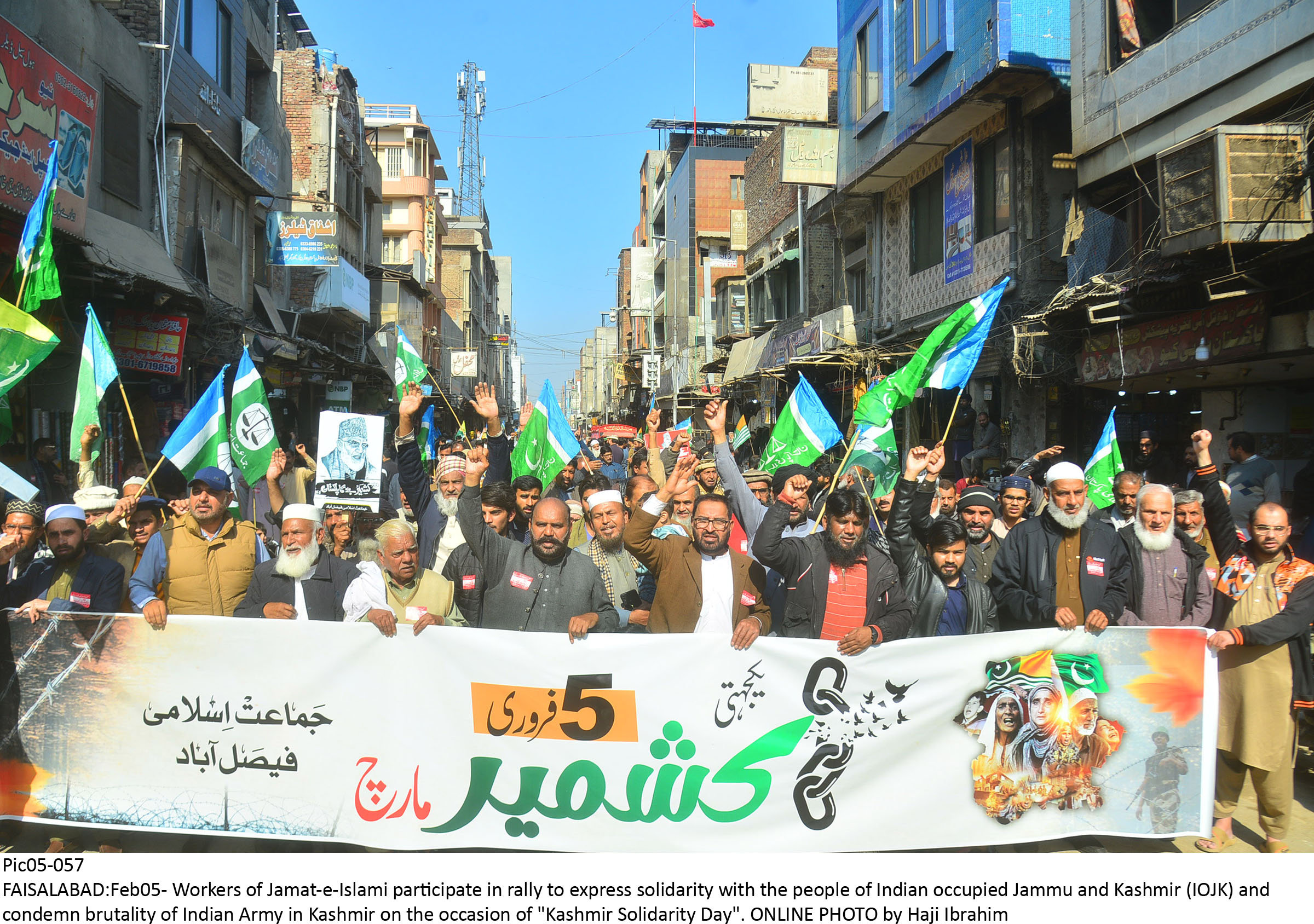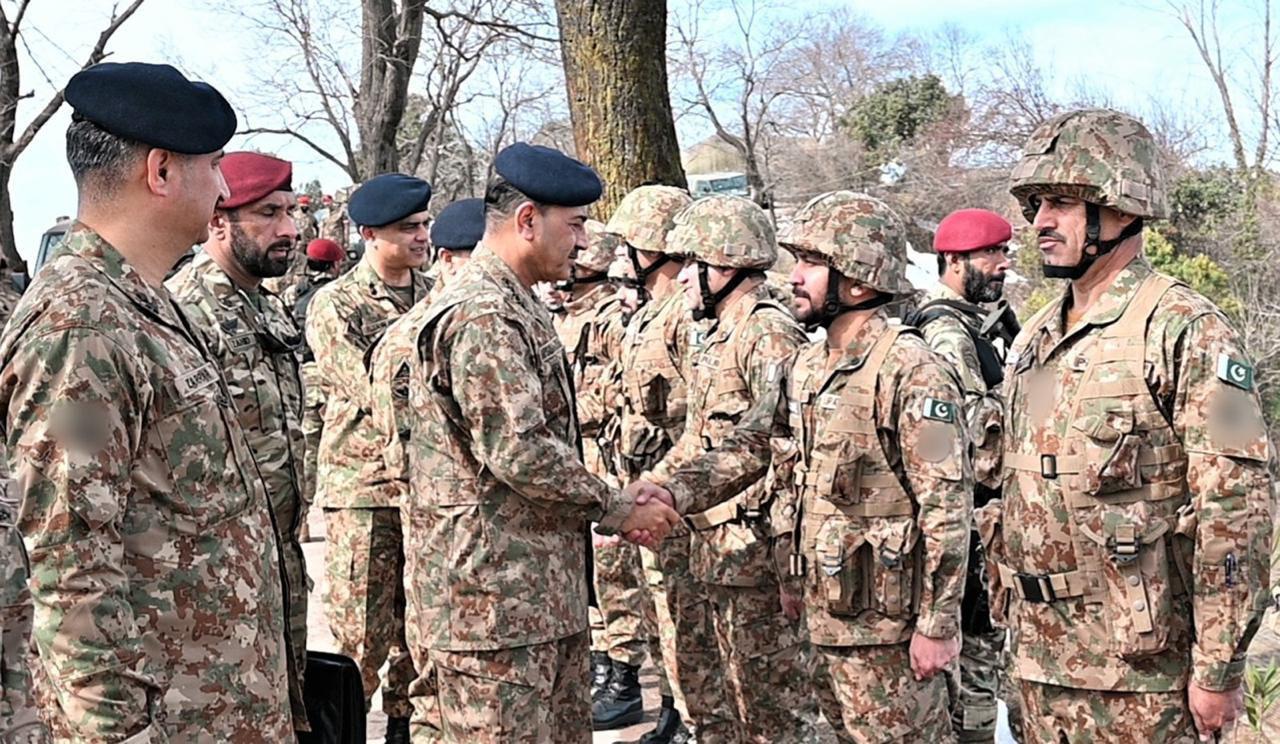 Abdul Ghafoor Sarohi
Abdul Ghafoor Sarohi
The Indus River, the lifeblood of Sindh, is once again facing the brunt of political conspiracies. Recently, a conference titled “Indus River’s Water Crisis” was held by SANA (Sindhi Association of North America) in Karachi, focusing on the current water issues of Sindh. The conference, attended by political leaders from the PPP, nationalists, writers, and intellectuals, firmly opposed the proposed new canal projects and pledged to launch a vigorous struggle against them.
The exploitation of Sindh’s water is not a new phenomenon, but it has taken a more alarming form under the guise of the “Green Initiative”. This project aims to divert the water of the Indus River to Punjab, specifically to cultivate the desert areas of Cholistan, which would devastate Sindh’s agricultural and ecological systems.
Historically, Sindh has faced consistent injustice when it comes to its water rights:
- In 1859, Sindh’s water was taken away under the construction of the Bari Doab Canal in Punjab.
- Post-1945 water agreements gave Sindh only 75% of its rightful share, but over time, Punjab took more than its share.
- The 1960 Indus Waters Treaty saw the allocation of Sindh’s tributary rivers to India, with no fair compensation for Sindh.
- The 1991 water accord remains largely unimplemented, with Punjab consistently taking more water than it is entitled to.
- Proposals like the Kala Bagh Dam continue to threaten Sindh’s water resources.
Six New Canals – A Threat to Sindh’s Survival?
Currently, the “Green Initiative” is under consideration, with plans to construct six new canals. This plan, presented as a solution for irrigation in Punjab’s desert areas, would result in:
Draining Sindh’s lifeline – The water diverted from the Indus River will leave Sindh’s fertile lands parched.
Environmental Disaster – The proposed canals would cause irreversible environmental damage, endangering wildlife and agriculture in Sindh.
Leaders at the conference expressed deep concerns:
Dr. Qadir Magsi stated that, for 150 years, Sindh’s water had been siphoned off through planned conspiracies, and this new project is just another attempt to devastate Sindh.
Nisar Khuhro, President of PPP Sindh, confirmed that the PPP would never allow such a project and had historically taken a stand on water rights, even proposing telemetry systems to stop water theft.
Zulfiqar Bhutto Jr. highlighted the environmental impact, warning that the new canals would ruin 12 million acres of land and disturb the livelihoods of 60% of Sindh’s population living along the river.
Advocate Wassand Thry of the Awami Tehreek called the project a violation of international water laws and accused the PPP government of selling Sindh’s water for political gain.
What Should the People of Sindh Do?
The conference also announced a significant event in Islamabad on January 18, where leaders will unite to resist the new canal projects and pressure the federal government to abandon these plans.
However, this movement cannot be restricted to conferences alone. The people of Sindh must take the following steps:
- Launch a unified and organized struggle against the diversion of water.
- Engage international organizations like the International Water Law Institute and UNICEF to raise awareness.
- Use media platforms to highlight the severity of the issue on a global scale.
- Form alliances with people in Punjab, as the fight for water should not be limited to Sindh alone.
- Consult legal experts to take this issue to international courts if necessary.
Water – A Life or Death Issue for Sindh
The resistance against projects like Kala Bagh Dam was one of Sindh’s greatest successes in the past. Now, the survival of Sindh depends on the outcome of the battle against these new canals. If Sindh’s people remain silent, the Indus River may no longer flow as we know it.
The landowners, farmers, youth, business community, intellectuals, and every citizen of Sindh must unite and take action. If we fail now, future generations will face dry rivers, barren lands, and a displaced Sindhi community.
This is not just a water issue;
This is a matter of Sindh’s survival!






